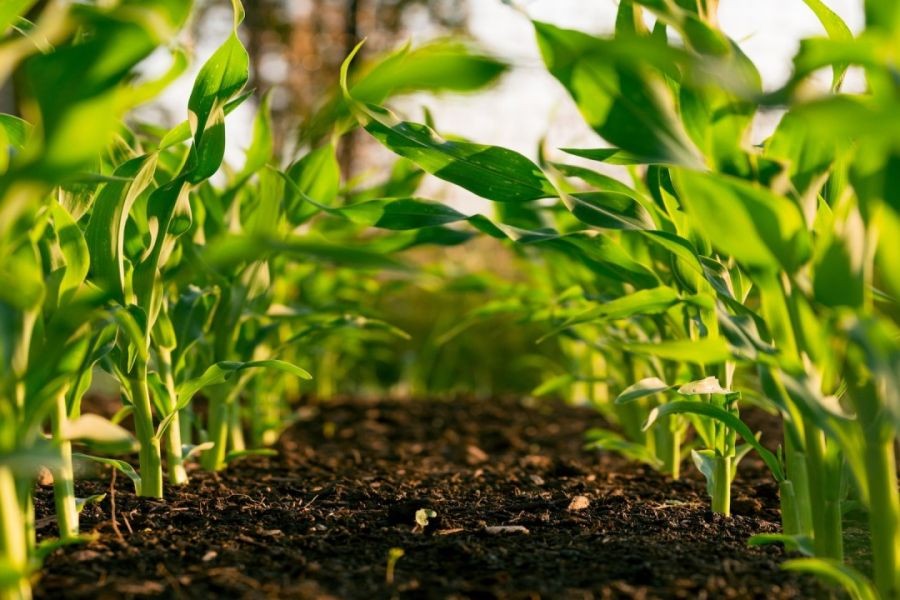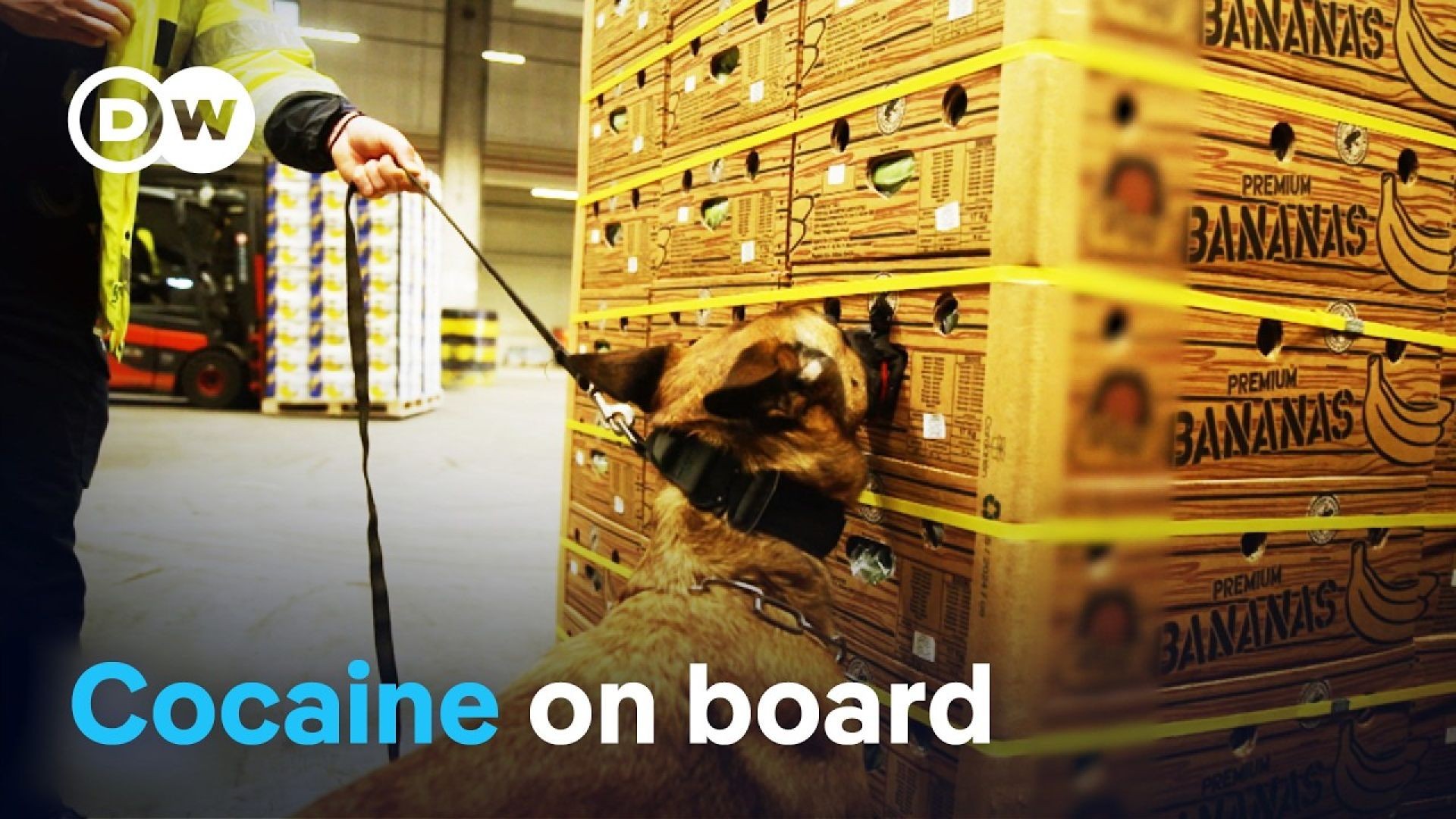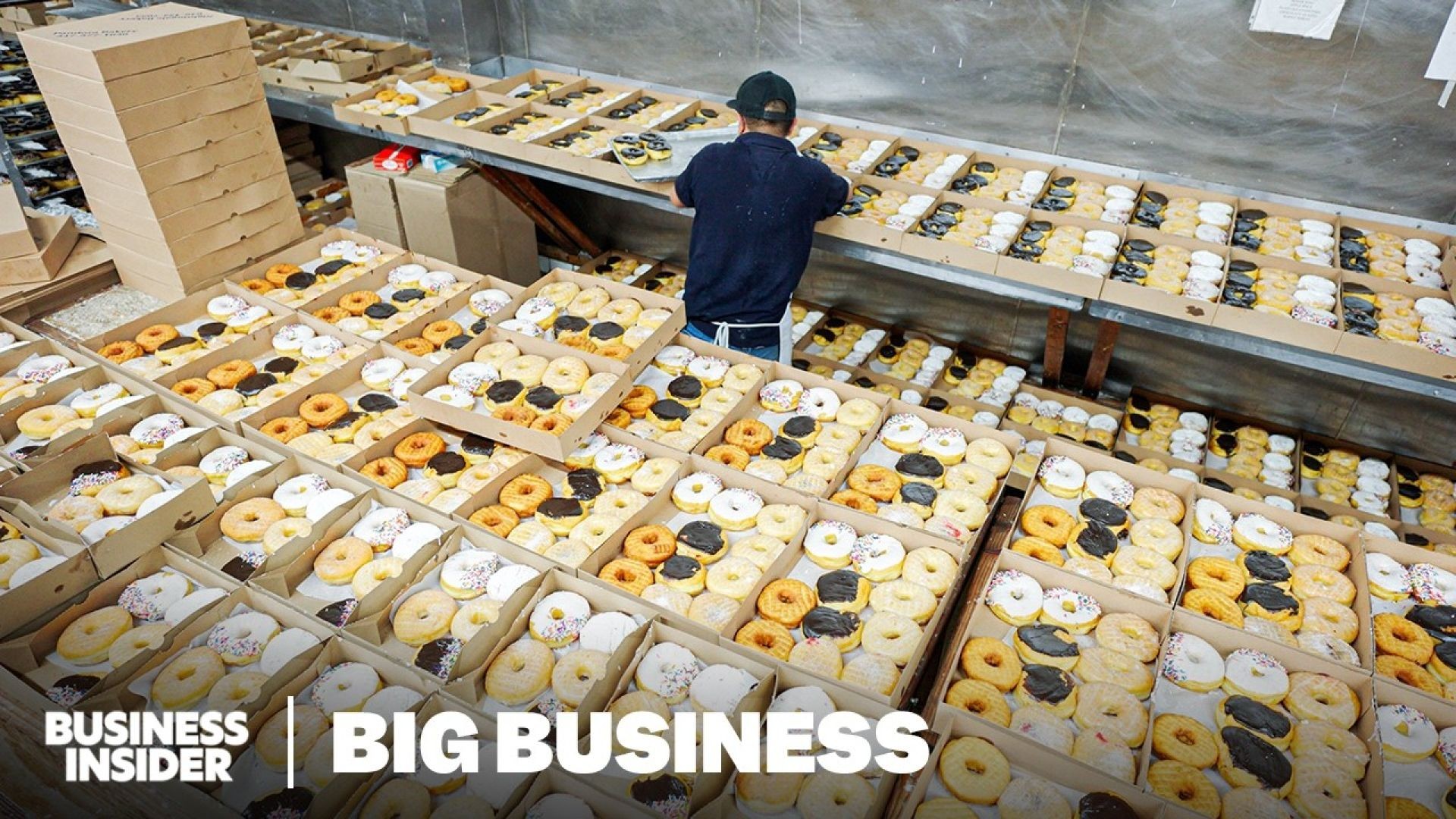Organic farming in New Zealand has steadily become more than just a trend; it’s a movement reshaping the country’s agricultural landscape. While many are aware of its environmental benefits, few understand the intricate dynamics driving this sector's growth. In this article, we'll explore ten lesser-known aspects of New Zealand's organic farming movement, providing insights valuable to venture capitalists seeking opportunities in this burgeoning industry.
1. The Economic Impact of Organic Farming
New Zealand's organic sector contributes significantly to the economy. According to a report by the Ministry for Primary Industries (MPI), the organic products market in New Zealand was valued at NZD 600 million in 2020, with projections indicating a growth rate of 8-10% annually. This growth is fueled by increasing local demand and lucrative export opportunities, particularly in markets like the European Union and the USA.
2. Government Policies Supporting Organic Agriculture
The New Zealand government has implemented policies to support organic farming, recognizing its potential to enhance sustainability and biodiversity. The Organic Products Bill, introduced in 2020, is a testament to this commitment, aiming to standardize organic certification and labeling, thus boosting consumer confidence and market access for organic producers.
3. Technological Innovations in Organic Farming
Organic farming in New Zealand is not devoid of technology. Farmers are increasingly adopting precision agriculture tools, such as drones and AI-powered sensors, to monitor crop health and optimize resource use. These technologies help enhance yield and quality without compromising the organic integrity of the produce.
Case Study: Ooooby – A Model of Local Organic Distribution
Problem: Ooooby, a New Zealand-based organic food delivery service, faced challenges in scaling its operations while maintaining product integrity and customer trust. The fragmented supply chain and logistical inefficiencies posed significant hurdles.
Action: Ooooby implemented a robust digital platform to streamline its supply chain, enhancing transparency from farm to consumer. They also invested in local partnerships to reduce carbon footprints and improve delivery efficiency.
Result: These initiatives led to a 30% increase in customer base and a 25% boost in revenue within a year. The company successfully reduced delivery times and costs, enhancing customer satisfaction and loyalty.
Takeaway: This case highlights the importance of leveraging technology and local partnerships to overcome logistical challenges in organic farming. Venture capitalists should consider investing in businesses that prioritize innovation and sustainability.
4. The Role of Consumer Trends
Consumer awareness and demand for organic products are pivotal to the sector's growth. A survey by Consumer NZ revealed that 70% of New Zealanders are willing to pay a premium for organic products, driven by health concerns and environmental consciousness. This trend presents a lucrative opportunity for businesses to tap into the organic market.
5. Challenges Facing Organic Farmers
Despite its growth, the organic farming sector faces challenges, including higher production costs and stringent certification processes. Organic farmers often encounter difficulties in pest management and soil fertility without synthetic inputs, necessitating innovative solutions and knowledge exchange within the industry.
6. The Environmental Benefits of Organic Farming
Organic farming practices significantly contribute to environmental conservation. By avoiding synthetic pesticides and fertilizers, organic farming reduces soil and water contamination, promotes biodiversity, and helps mitigate climate change effects by sequestering carbon in the soil.
7. Misconceptions About Organic Farming
- Myth: Organic farming cannot feed the world.
- Reality: Studies indicate that with sustainable practices and technological advancements, organic farming can be productive enough to meet global food demands.
- Myth: Organic farming is not scientifically backed.
- Reality: Numerous scientific studies support the environmental and health benefits of organic farming, underscoring its role in sustainable agriculture.
8. Investment Opportunities in Organic Farming
The organic sector offers diverse investment opportunities, from production and processing to distribution and retail. Venture capitalists can explore investments in technology solutions, organic product innovation, and sustainable supply chains to drive growth and profitability.
9. Future Trends and Predictions
The organic farming sector in New Zealand is poised for significant growth. With increasing consumer demand and government support, the sector is expected to expand its market share. By 2028, organic products could account for 15% of New Zealand's total agricultural output, providing a substantial investment opportunity for forward-thinking investors.
10. The Global Influence on New Zealand's Organic Farming
New Zealand's organic farming movement is influenced by global trends and standards. The country’s adoption of international organic certification processes enhances its export potential, aligning it with global market demands and quality expectations.
Conclusion
New Zealand's organic farming movement presents numerous opportunities for venture capitalists. By understanding the sector's dynamics, challenges, and growth potential, investors can make informed decisions that align with sustainability and profitability goals. As the organic sector continues to evolve, staying informed and adaptable will be key to capitalizing on this lucrative market.
People Also Ask
- How does organic farming impact New Zealand's economy? Organic farming contributes significantly to New Zealand's economy, with an annual growth rate of 8-10% and a market value of NZD 600 million.
- What are the biggest misconceptions about organic farming? A common myth is that organic farming cannot feed the world. However, sustainable practices and technological advancements can enhance productivity and meet global food demands.
Related Search Queries
- New Zealand organic farming market trends
- Organic farming investment opportunities in NZ
- Environmental benefits of organic farming
- Technological innovations in agriculture NZ
- Government policies on organic farming in New Zealand




































deathbandshirt
4 days ago